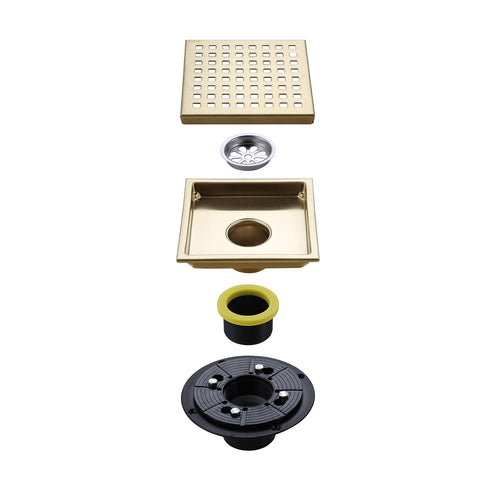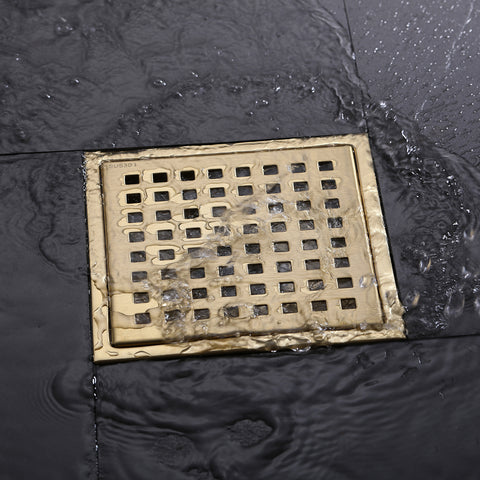Why is Hand Hygiene Important for Preventing Influenza?
The Influenza Virus: A Sneaky Intruder
Before delving into the importance of hand hygiene, let's understand the nature of the flu virus itself. Influenza is a highly contagious respiratory illness caused by influenza viruses that can rapidly spread through respiratory droplets from infected individuals. These droplets can land on surfaces, where they can survive for hours or even days, waiting for an opportunity to infect unsuspecting hosts.
Breaking the Chain of Transmission
Hand hygiene acts as a potent weapon against the spread of the flu virus. By practicing proper hand hygiene, we can break the chain of transmission, preventing the virus from hitching a ride on our hands and finding its way into our bodies. When we wash our hands with soap and water, we disrupt the integrity of the virus and wash it away. This is where the humble faucet plays a pivotal role.
The Role of Faucets in Hand Hygiene
Faucets, those simple mechanisms that regulate the flow of water, become indispensable in our hand hygiene routines. Faucets provide the means to access clean water for handwashing, enabling us to effectively cleanse our hands of potential pathogens. By turning on the faucet, we initiate a crucial step towards preventing the flu.
The Art of Effective Handwashing
Handwashing is an art, and the proper technique is key to maximizing its benefits. Here's a step-by-step guide to effective handwashing:
- Wet your hands under clean, running water from the faucet.
- Apply enough soap to cover all surfaces of your hands.
- Rub your hands together vigorously, creating a lather. Don't forget the back of your hands, between your fingers, and under your nails.
- Continue scrubbing for at least 20 seconds. An easy way to time it is to hum the "Happy Birthday" song twice.
- Rinse your hands thoroughly under running water, allowing the faucet to wash away the soap and any lingering germs.
- Dry your hands using a clean towel or air dryer.
The Power of Hand Sanitizers
In situations where soap and water are not readily available, hand sanitizers come to the rescue. However, it's important to note that hand sanitizers should be used as a complement to, not a replacement for, proper handwashing. When using hand sanitizers, ensure they contain at least 60% alcohol and cover all surfaces of your hands until they are dry.
Spreading Awareness for a Healthier Community
Promoting hand hygiene and its significance in preventing the flu goes beyond our individual well-being. By sharing knowledge about hand hygiene practices, we contribute to the creation of a healthier community. Encourage your friends, family, and colleagues to adopt good hand hygiene habits and highlight the role of the faucet in this endeavor.
In the battle against the flu, hand hygiene stands as a formidable defense. By simply turning on the faucet and practicing proper handwashing techniques, we can significantly reduce the risk of infection and protect ourselves and those around us. Let us embrace the power of hand hygiene, armed with the humble faucet, and keep the flu at bay for a healthier, happier future.













